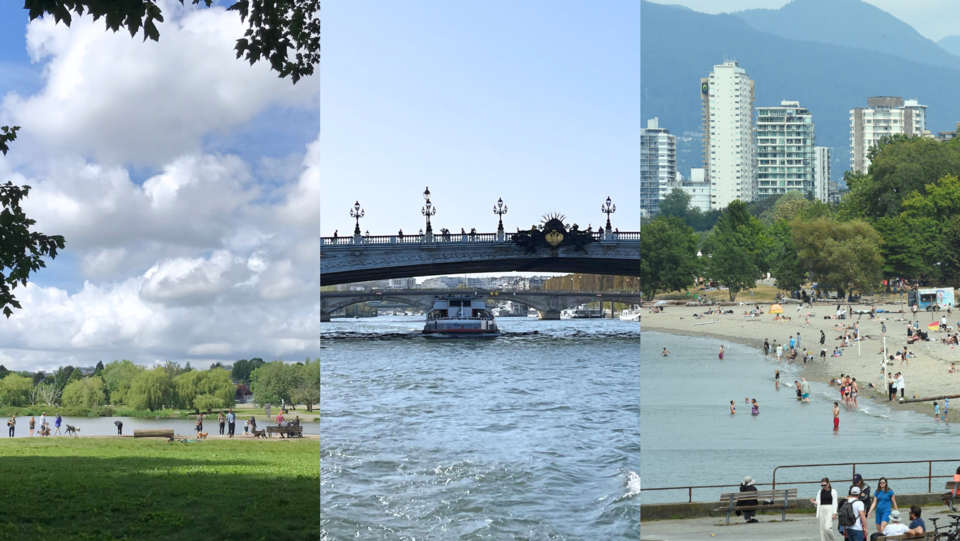Right now the water in the Seine is not considered safe to swim in.
That's notable, as the Paris Olympics had scheduled events to take place in the famed river, including the swimming portion of the triathlon (which has athletes swim in open water).
Bacterial levels in Parisian waters deemed unsafe for swimming
According to Fluidion, a company tracking E. Coli levels in the Seine, the river is unsafe to swim in due to bacteria. E. Coli is a type of bacteria that lives in intestinal systems, and while there are safe types, certain strains can cause medical issues, including gastroenteritis and urinary tract infections, along with more serious conditions.
Fluidion posted early on July 30 that the levels in the Seine were at 867 E.coli/100 mL for free-floating bacteria (which was under the acceptable 1000). However, the comprehensive count was higher.
"The comprehensive count, which includes bacteria attached to fecal or sediment particles, remains high at 4132 E.coli/100 mL," reads the post.
A second test later in the day showed a comprehensive count still at 2870 E.coli/100 mL. The geometric mean for comprehensive counts for July 30 was 3444 E.coli/100 mL.
"It's important to note that the comprehensive count includes all E.coli bacteria, even those attached to fecal or sediment particles, which are not detected by standard methods," states Fluidion.
Prior to the Olympics, the mayor of Paris and the president of France promised the Seine would be clean for the games. The mayor even took a swim before the games.
VCH monitors Vancouver waters for swimming safety
When compared to Vancouver's beaches and swim zones, those E.coli numbers are quite high.
Vancouver Coastal Health (VCH) posts E.coli sample results; the last tests in Vancouver were done between July 25 and 29.
In Vancouver, none of the monitored waterways have close to the E.coli levels seen in the Seine. Trout Lake is often considered some of the least clean water in the city; its levels as of July 25 were between 100 and 200 E.coli/100 mLs (depending on the west or east sides of the body of water).
Sunset Beach did have a location that recorded an instance of 299 E.coli/100 mLs, though other locations along the same beach brought the average down to 97 E. coli/100 mLs. On VCH's website, they note swimming is still allowed, though they may investigate the cause, which could be due to a variety of reasons including animals.
Two locations in False Creek where swimming isn't allowed in general did sit near 800 E.coli/100 mLs.
The water quality can vary quite a bit; Second, Kitsilano, and Third Beaches, which aren't far from Sunset Beach, all saw levels no higher than 20 E.coli/100 mLs.
Elsewhere in Metro Vancouver within the VCH authority, only Sandy Beach on Bowen Island is closed due to E.coli. An advisory on the VCH site says levels are around 248 E.coli/100 mLs.
Lions Bay Beach also has hit the investigation threshold. Of the two locations tested one hit 800 E.coli/100 mLs, while the other was at 15 E. coli/100 mLs and the geometric mean was 152 E. coli/100 mLs.



